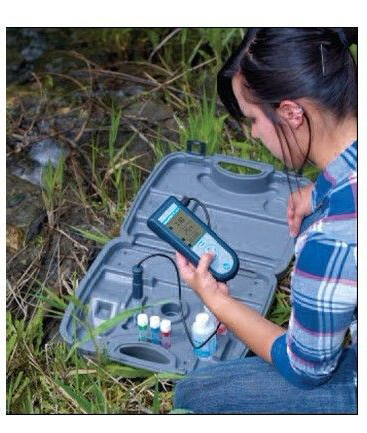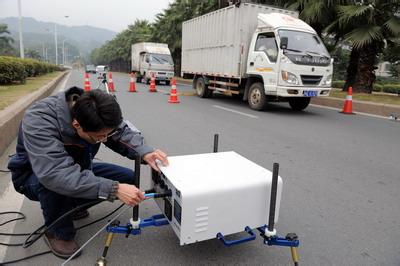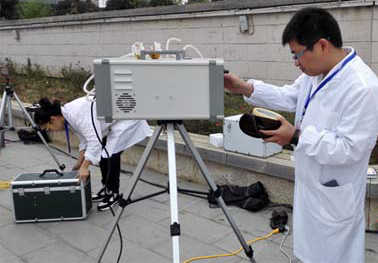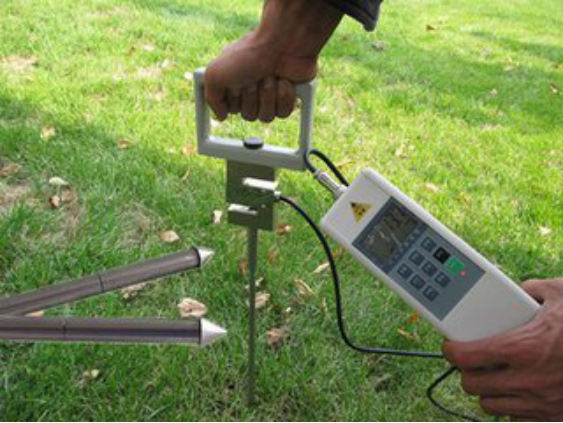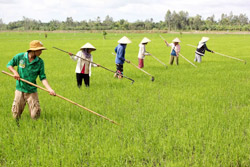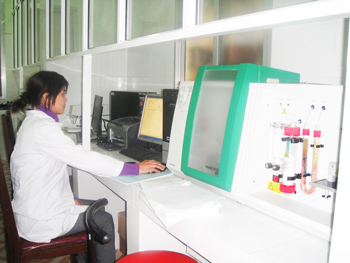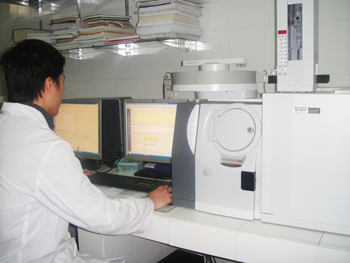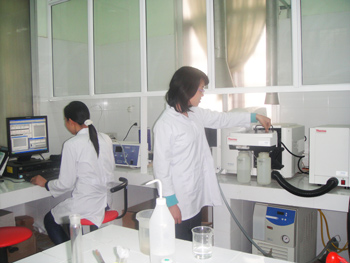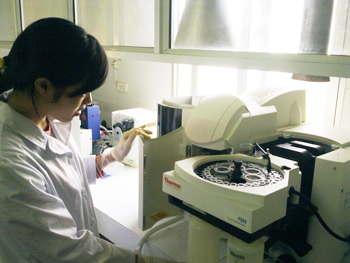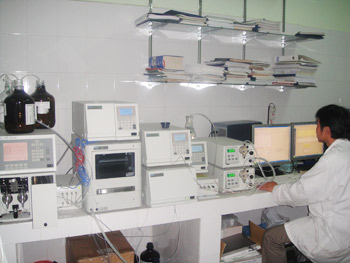CAN THO - Farmers should increase the use of bio-organic products in agricultural production because it would sustain the health of soils, preserve biodiversity and improve people's health, delegates said at a forum held in Mekong Delta's Can Tho City last week.
Viet Nam's agricultural sector has over the last three decades mainly relied on intensive farming techniques that use chemical fertilisers, pesticides and other products to raise crop productivity, said Duong Van Chin, deputy head of the Cuu Long Delta Rice Research Institute.
Chin said the intensive farming method has caused severe ecological imbalances, making the land less fertile and increasing plant diseases.
In addition, land and water environments in rural areas have been seriously polluted due to abuse of crop protection chemicals, he said, adding that pesticide residues in farm produce was still high, he said.
Nowadays, many countries have begun adopting organic agricultural practices, increasing the use of green fertilisers, compost and biological pest control, with the areas devoted to organic farming increasing.
Viet Nam too has called for increased use of bio-organic products in agricultural production in recent years, but the areas under organic farming was still very low, accounting for only 0.2 per cent out of the total agricultural production land, Chin said.
"I think the organic agriculture will have great chance to develop in the coming time to provide safe products for local consumption and export," he said.
He enumerated several advantages of using bio-organic products over chemicals including reduced costs, zero pollution and preservation of ecological diversity.
The environmental advantage was the biggest one yet, said Dr Tran Van Hai of Can Tho University.
He said bio-organic products did not kill natural enemies of pests and increased product quality considerably.
Scientists have developed several bio-organic products that can be used as a control agent for many fungal diseases on rice and other fruit trees, he said.
Chin said the Mekong Delta has about 20 million tonnes of rice straw a year and farmers mostly burn them, causing pollution.
"If we spray a suitable volume of the fungus trichoderma into the straw, it will become organic fertiliser and help improve long-term soil fertility. This will help reduce costs and environmental pollution from using synthetic fertilisers," he said.
Pham Van Quynh, director of Can Tho City's Department of Agriculture and Rural Development, said the city has in recent years strengthened the use of bio-organic products in killing brown plant hoppers during the flowering time in rice.
"This method has been more effective than using large amounts of pesticides," he said.
The city has also used bio-fertilisers in planting vegetables and fruits, he said, adding that this not only helped increase crop productivity, but also resulted higher quality produce when compared with the use of chemical fertilisers.
The city planned to expand research and create more bio-organic products for plant protection, he said.
He said the city has conducted training and awareness programmes to instruct farmers in making bio-organic products themselves.
Nguyen Thanh Khinh, a farmer in Can Tho City's Thot Not District, said since applying bio-organic products in his rice field in 2009, his profit has increased by VND1.5-2 million per hectare.
Huynh Hai, a farmer in the same district, said the use of natural products has allowed him to save between VND2.5-3 million per hectare when compared with the use of chemical pesticides.
Phan Huy Thong, director of the National Agricultural Extension Center, said using bio-organic products in production was a must in modern agriculture, which targeted sustainable development as well as hygiene and safety.
"However, it does not mean that we absolutely stop using inorganic products in production, but that farmers must combine the use of bio-organic and in-organic products depending on actual circumstances," Thong said, calling for officials and farmers to be realistic in their planning and execution.
Currently, there are many kinds of bio-organic products available in the market, delegates told the forum, adding that the Government should develop concrete standards for these and enhance management of production and sales to ensure benefit of farmers.
In mapping out the country's development strategy for agriculture and rural development until 2020 with a vision up to 2030, the Government should pay more attention to organic agriculture development as the best way to ensure sustainable growth, Chin said.
More than 400 delegates, including scientists, provincial officials, agricultural scientists and farmers from many provinces and cities in the south attended the forum, which was co-organised by the National Agricultural Extension Center and Can Tho City's Department of Agriculture and Rural Development. — VNS


 English
English Vietnamese
Vietnamese